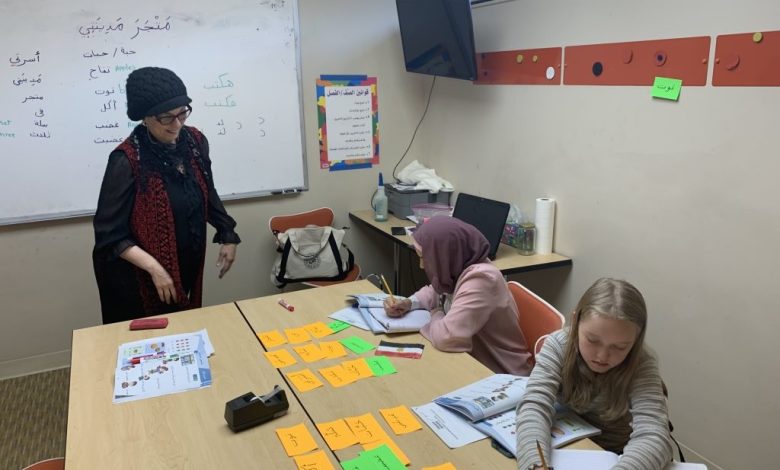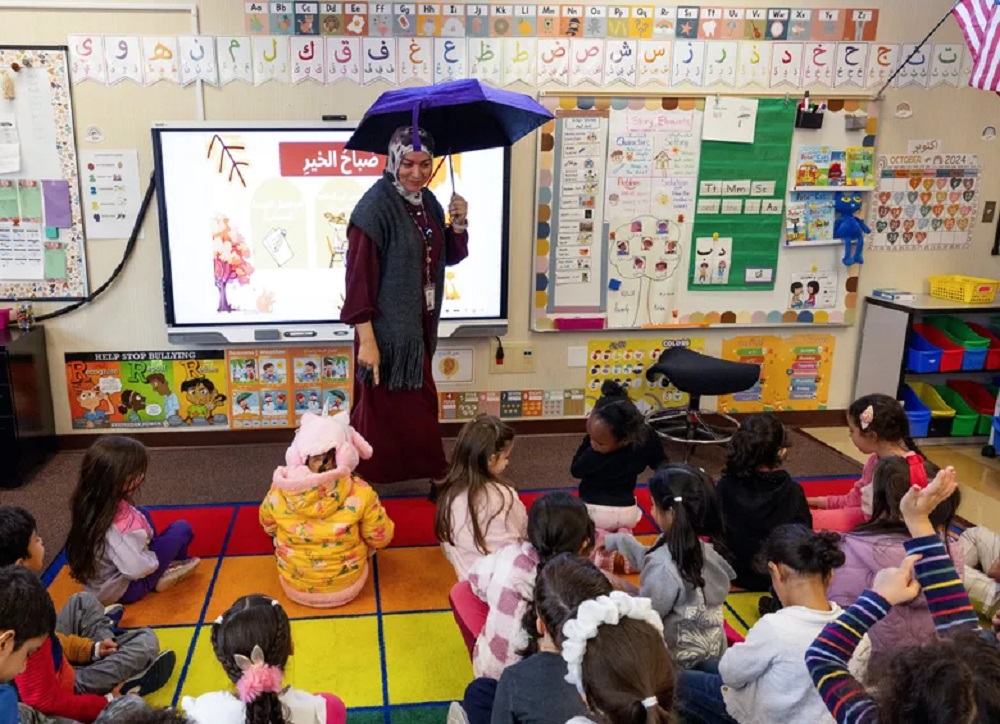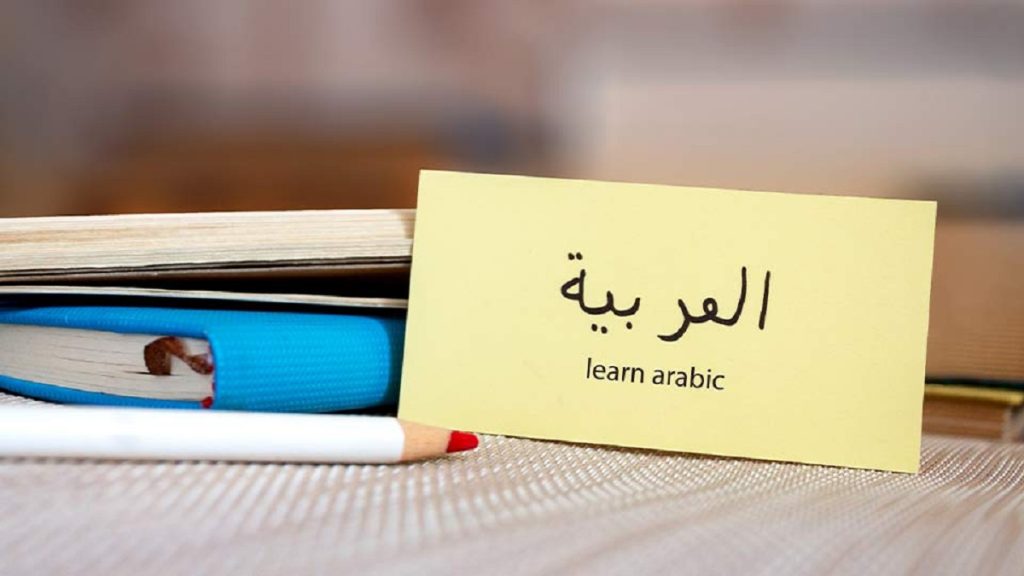Arabic Tutors in the USA: Language Learning, Culture, and Opportunities
How Arabic Tutors Help Students Connect with Language, Faith, and Heritage Across America

Arabic is one of the fastest-growing languages studied in the United States, driven by cultural interest, heritage preservation, business opportunities, and religious studies. With over 3.5 million Arab Americans living in the U.S. and increasing demand for bilingual professionals, Arabic tutors have become essential. Whether for children of immigrants preserving their mother tongue, professionals pursuing careers in international relations, or non-Muslims interested in Islamic studies, Arabic tutoring is thriving nationwide.
Why Learn Arabic in the USA?
-
Heritage & Identity – For Arab American families, Arabic connects children with their cultural and religious roots.
-
Religious Importance – Muslim communities often seek Arabic instruction to understand the Qur’an more deeply.
-
Career Opportunities – Arabic proficiency benefits careers in diplomacy, journalism, business, and international law.
-
Cultural Exchange – Learning Arabic fosters interfaith understanding and cultural appreciation in diverse American communities.

Availability of Arabic Tutors
Across the United States, Arabic tutors can be found in several settings:
-
Private Tutors & Online Platforms – Websites like Wyzant, Preply, and iTalki connect students with certified Arabic teachers.
-
Community Centers & Mosques – Many Islamic centers and Arab cultural organizations provide language classes.
-
Universities & Schools – Institutions such as Georgetown, Harvard, and UCLA offer advanced Arabic studies with professional tutors.
-
Arabic Schools for Children – Weekend programs and after-school classes help Arab American kids maintain their language skills.
Teaching Methods & Styles
Arabic tutors in the U.S. adapt lessons based on student goals:
-
Modern Standard Arabic (MSA) for academic and professional use.
-
Classical Arabic (Fusha) for Quranic studies and religious purposes.
-
Dialects (Egyptian, Levantine, Gulf, Maghrebi) for cultural and conversational fluency.
Tutors often combine grammar, vocabulary, conversation practice, reading, and cultural immersion, ensuring a holistic learning experience.

The Impact of Arabic Tutoring
The rise of Arabic tutors has created lasting educational and cultural benefits in the U.S.:
-
Strengthening Muslim and Arab American identity among youth.
-
Creating bridges of understanding between Arabs and wider American society.
-
Supporting career development for students in global industries.
-
Encouraging bilingual families to pass on their language to future generations.
Conclusion
Arabic tutors in the USA are more than language teachers—they are cultural ambassadors, identity builders, and bridges between communities. As interest in Arabic continues to grow, these tutors play an essential role in shaping multicultural understanding and global opportunities.



